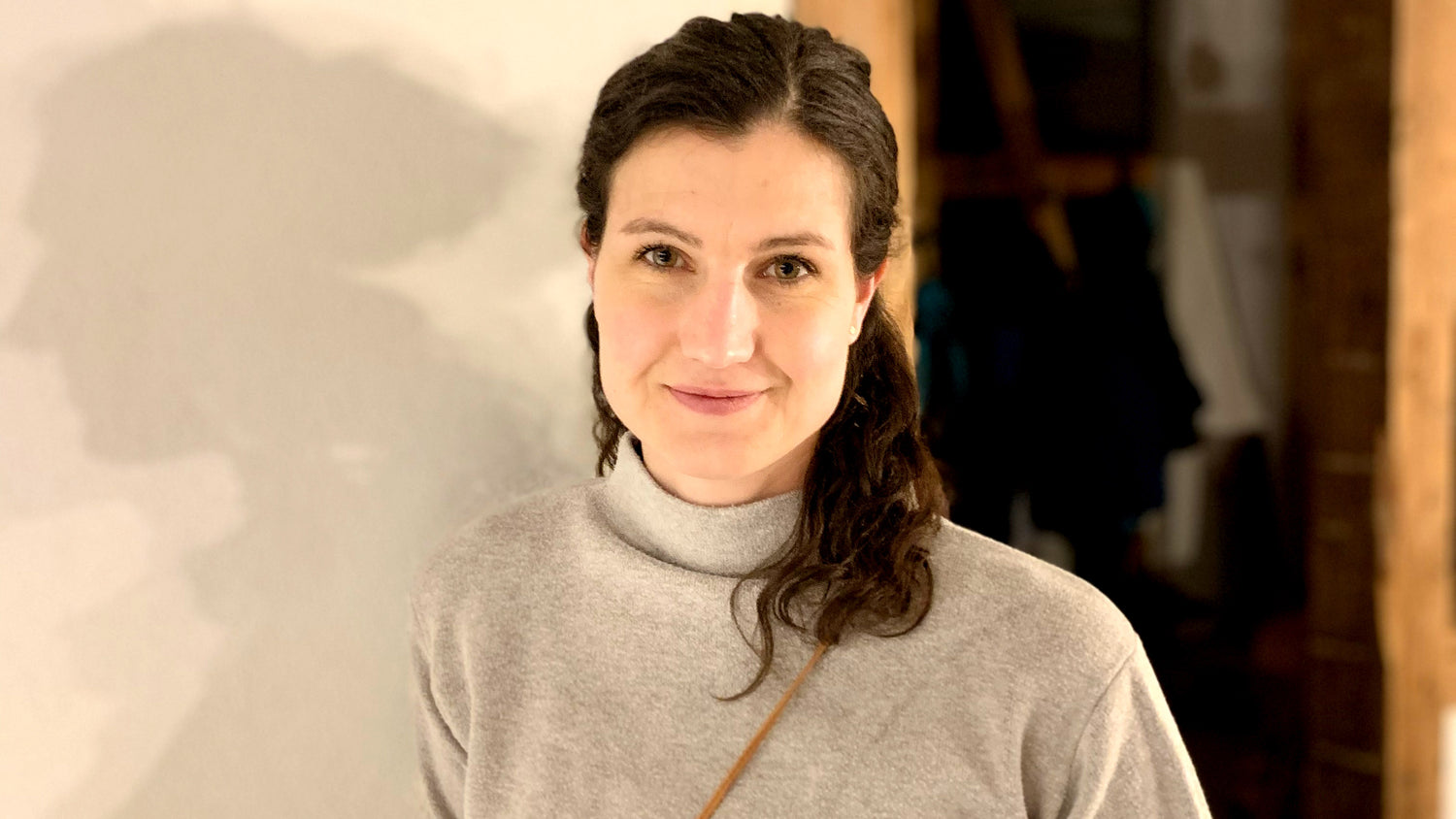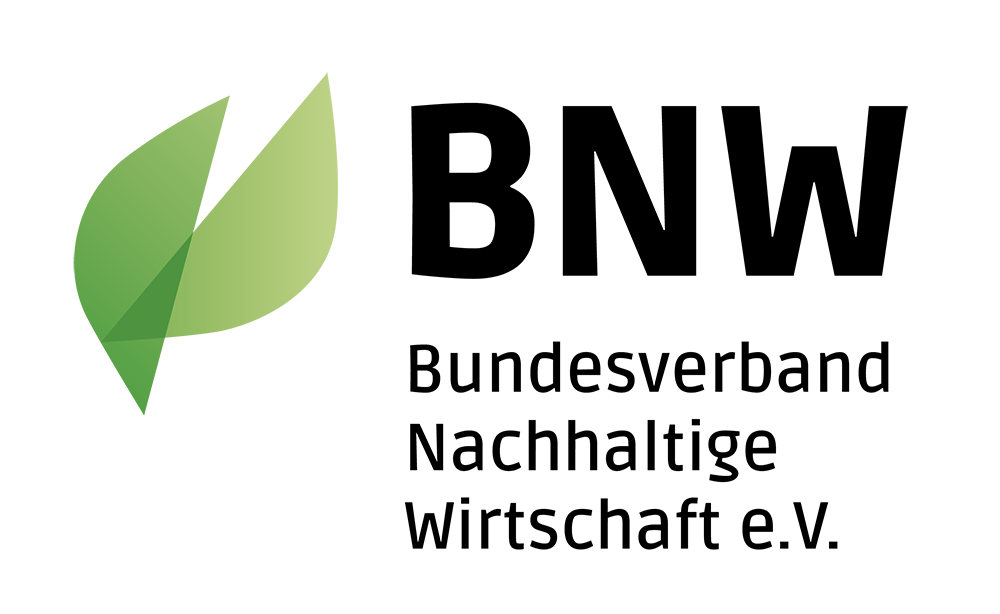Talk to people, exchange ideas, stories Listening is important to us at WOMBLY. In the first interview we talk to midwife Luise Kaschel:
Luise, you work as a freelance midwife. What does your everyday working life look like?
I accompany families in rural areas during the sensitive phases of life: pregnancy, around birth, in the postpartum period and until the end of breastfeeding. The support takes place in the family's home environment in order to keep the long journeys with a newborn to a minimum. I offer medical check-ups during pregnancy, with the exception of ultrasound appointments, and advise families on all topics relating to pregnancy, birth and the period afterwards. A good network enables me to bring other professional groups on board to support me if necessary. Informed preparation is an important cornerstone in the personal decision-making of expectant parents. In the period after the birth, whether at home, in the birthing center, after an outpatient hospital birth, after a surgical birth, after a premature birth with a subsequent stay in the children's hospital or after a “silent birth”, I initially visit the families daily, several times a week and then at longer intervals, depending on the support needs and wishes of the parents.
How important is the profession of midwife and how many births have you already attended? How many women cared for?
I think it is extremely important for women's lifelong health to have an independent professional at your side during this special phase of life. The profession of midwife involves a great deal of medical knowledge of the physiological processes during pregnancy, during birth and in the puerperium. In order to recognize abnormalities in a timely manner and to react conscientiously, midwives need the knowledge and skills to guide mothers and their newborns healthily through this phase of life. I have probably looked after 1000 families so far with a wide range of needs and support needs.
6 out of 100 children are born prematurely. What are your experiences with premature babies? How are the parents and the children doing and what difficulties often arise here?
In most cases, a premature birth is unplanned. The parents and children often suddenly find themselves in a situation that was far away for them in terms of their physical and mental situation. In addition, there are often exceptional medical situations that are associated with worries and difficult decisions. Due to the premature birth, the start to optimal nutrition with breast milk does not go smoothly. Often the children cannot maintain their temperature themselves, need support with breathing and sometimes also have congenital diseases and may have to undergo operations in the first days and weeks of life. I accompany these children and families at home after they are discharged from the children's hospital. The mothers are often discharged from the women's clinic after a few hours or days and are then accompanying them to the children's ward. It is important to me to establish contact with the women, fathers and siblings. During this phase you have many questions and urgently need support that the clinic staff often cannot provide.
Once you have been discharged and returned home, you need to consolidate what you have learned, gain confidence and try new avenues outside of the hospital. Sometimes children are discharged home with a feeding tube or a monitor to monitor heart and lung function. It is important to these parents to receive support with their challenges but also to regain a certain level of everyday life. They also want to be part of the structures in everyday life in these extraordinary situations that arise over weeks, months, years or a lifetime.
Midwives are among the first points of contact in families. The time in the postpartum period is beautiful at the same time, but also full of questions and sometimes worries. How can you strengthen families who have a less easy start after birth?
Parents are grateful for every good conversation. They don't want to be alone, they are grateful for sympathy. First attempts at breastfeeding, including with cables and tubes, and pumping breast milk are things you can actively contribute to. There is often great uncertainty among outsiders. The heavy burdens are often seen first; for the parents it is Finn, Eddy, Greta or Fritzi who were born. They don't want to be sorted out like crooked vegetables from the supermarket, they want to be part of the large community that has just become parents to their first, second, sixth or ninth child, who is as different as the eggs are big, small, fat, thin , long, short, spotted, spotted, raised, yellow, white, green, dark green, beige, cream white and brown from my chicken coop - none of them are alike.
You have three children of your own. Have your birth experiences changed the way you view your work as a midwife?
Birth is the beginning, as a mother I know that the responsibilities of parenting begin at this point. The birth of my first daughter was attended by a wonderful, older colleague. She has no experience of giving birth herself and I really admire her appreciative, appreciative nature towards all mothers and fathers. At that time I decided not to allow myself to be guided by my personal experiences, as every path is very individual, we are all shaped differently and go through different experiences. In my work as a midwife, I have learned that nature does not conform to norms and expectations. That we should have the courage to get involved in life that doesn't fit into the norm. Many parents prepare intensively for this exciting time with the newborn, some things succeed, but we always have to be aware that there are many things we cannot influence, things come as they come and we can learn to live this life as it comes .
Wombly creates adaptive clothing for children with disabilities. Be it a gastric tube, an artificial anus or a ventilator, orthoses or prostheses. The items of clothing are provided with snap fasteners on the sides so that you can quickly get to the relevant “problem” areas. How important do you find such adaptable clothing and what problems have you encountered in your career, particularly with regard to impractical clothing?
There is hardly any practical clothing for children with disabilities. Parents are often worried about accidentally pulling important cables or hoses. The entire situation is new for her. Many people know how exciting it is to handle a newborn. Practical clothing is helpful in everyday life for full-term babies, premature babies and children with disabilities and is even more helpful if it is adapted to their special needs. If the clothing is too big and does not fit close to the skin, children will cool down quickly. You often only find out what is practical when you are in the individual dressing situation. It is all the more helpful to be able to benefit from the experiences of others and purchase clothing that has already been optimized. The easier it is to deal with, the quicker parents will have the courage to take care of their often very delicate children themselves.
What would be your wish regarding initial equipment for babies with physical limitations?
It would be nice if the clothing was affordable and/or the parents received financial support from the health and care insurance companies for the equipment of babies, children and adults with disabilities without any bureaucratic delays. Just recently I heard that every family in Sweden receives a package with basic supplies for their baby. If you do not wish this, you will receive financial support equal to the value of the initial equipment package. It would be helpful if parents of babies with physical limitations received a package with addresses for support, such as the rehaKind association - which has set itself the task of providing children and young people with disabilities with high-quality, individual aids and thus ensuring the right to active participation . A piece of adaptive clothing could also be included in this package to provide practical options.
Which clothing sizes should definitely be given more attention?
The sizes for small and very small babies weighing 1000g - 3000g body weight. But there is also no age-appropriate selection for young people with physical limitations.
From a midwife’s perspective, what materials should clothing items be made of? Should children's things be rented to become more sustainable?
Rented things are wonderful. They conserve resources and therefore the environment and are appreciative of those who produce them. Used, frequently washed clothing contains fewer harmful substances. This is then healthier for our skin. During production, care must be taken to ensure that the clothing can be washed at high temperatures, as children with disabilities and frequent operations have weaker immune systems. Despite all this, parents find it nice to keep one or two favorite items of clothing as their own. They preserve memories of a special time and tell stories that children in particular love to hear over and over again.
If you could change something about your career, what would it be?
I would like to see less power in our profession. Knowledge is powerful and I experience again and again how colleagues exploit this power and thereby seriously hurt women. Families find themselves in helpless, vulnerable situations in which they need shelter. I cannot stand midwives who do not recognize this situation and exploit it to exploit their power.
And I would like to see a career that can develop even more in its humanity, love and authenticity in a healthcare system with less cost efficiency and performance. For many years, politicians have been called upon to change the financial conditions for self-employed midwives so that their work can be carried out without financial losses due to the constantly increasing costs of professional liability and special legal protection insurance.
Thank you Luise for the interview
Kurzbiographies
Luise is Midwife since 2011, initially in a birthing center, then freelance without obstetrics in the rural area east of Berlin, married, mother of three children, currently training to become a lactation consultant at the European Institute for Breastfeeding and Lactation / IBCLC.





